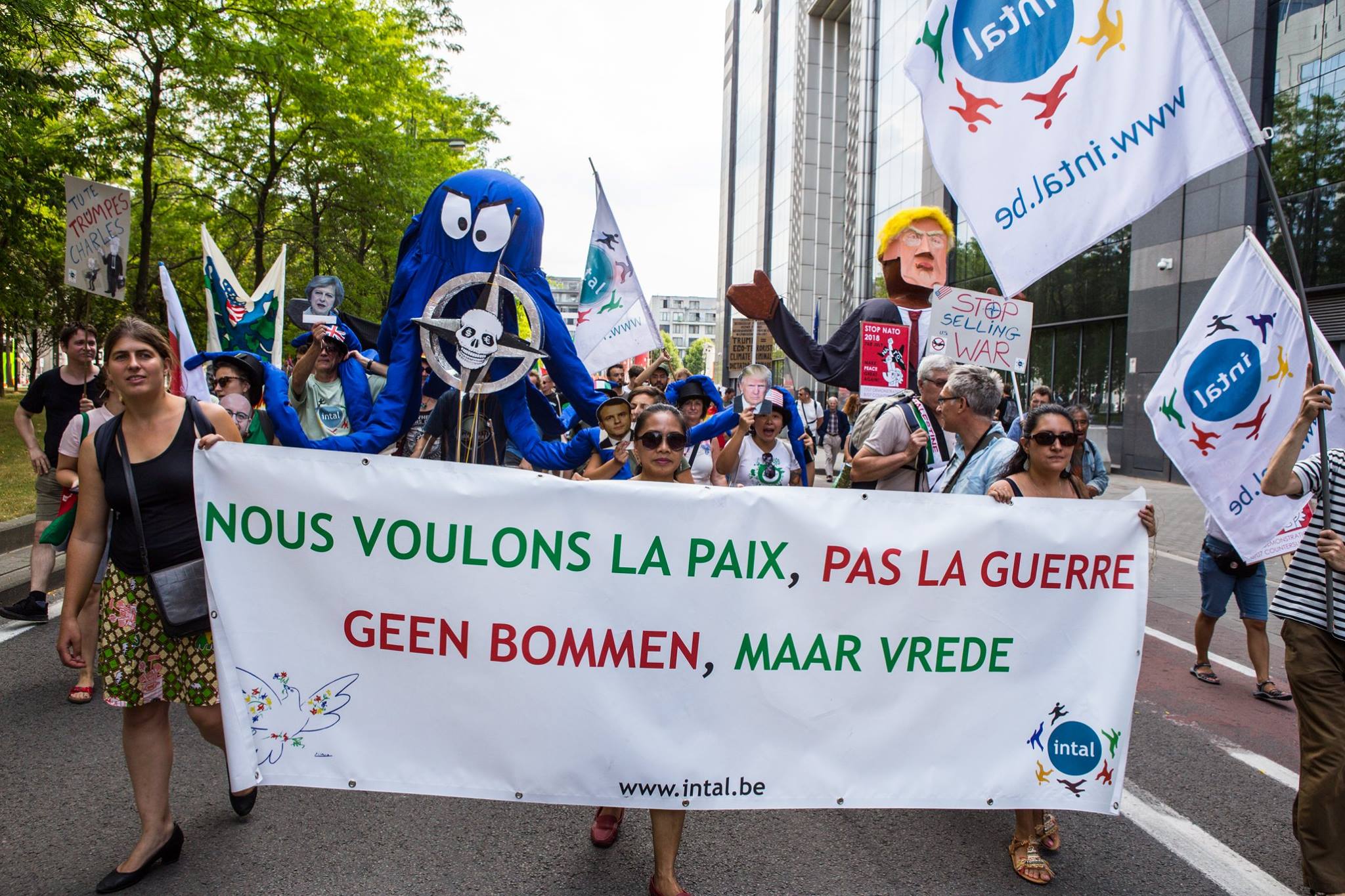Kameraden en vrienden, maandag is videodag.
Vandaag een kijkenswaardige documentairereeks van Al Jazeera. Het is een reeks over de wetenschappelijke sprongen voorwaarts in het 'middeleeuwse' Midden-Oosten. Documentairemaker van dienst is Jim al-Khalili, fysicus.
One thousand years ago, the Islamic empire witnessed one of the greatest periods of sustained scientific advancement in history. In the medieval world’s great centres of learning - places like Baghdad, Cairo, Cordoba and Samarkand - discoveries were made, ideas nurtured and methods developed.
In Baghdad, for example, we find the very first book on algebra. Called Kitab al-Jabr (from which we derive the word 'algebra'), it was written by the 9th century Persian mathematician, Al-Khwarizmi, and signified a significant paradigm shift from the work of the Ancient Greeks.
Also in the 9th century, the Abbasid caliph Al-Ma'mun created a new academy in Baghdad, called the House of Wisdom, and built observatories there and in Damascus. He sponsored science projects that made vast improvements in the fields of astronomy and geography, and which the Muslim, Christian and Jewish scholars of the Baghdad academy had translated into Arabic.
Advances in medicine and anatomy also saw Arabic texts replace the works of Galen and Hippocrates in the libraries of medieval Europe. While the philosophers Ibn Sina and Ibn Rushd influenced later European scholars, such as Roger Bacon and St Thomas Aquinas.
The Cordoban physician Al-Zahrawi invented more than 200 surgical instruments - many of which, like forceps and the surgical syringe, are still in use today.
Then there was the birth of industrial chemistry, with sophisticated scientific methods replacing the haphazard practice of alchemy, and advances in fields such as optics that would not be matched until Newton.
For a period spanning more than half a millennium, the international language of science was Arabic. And yet, all of these great achievements have been largely forgotten.
Er is niet veel bekijkenswaardig op de schellevisie, de dagen beginnen te korten, het wordt kouder, reden genoeg om u te zetten met een interessante documentaire.


Geen opmerkingen:
Een reactie posten